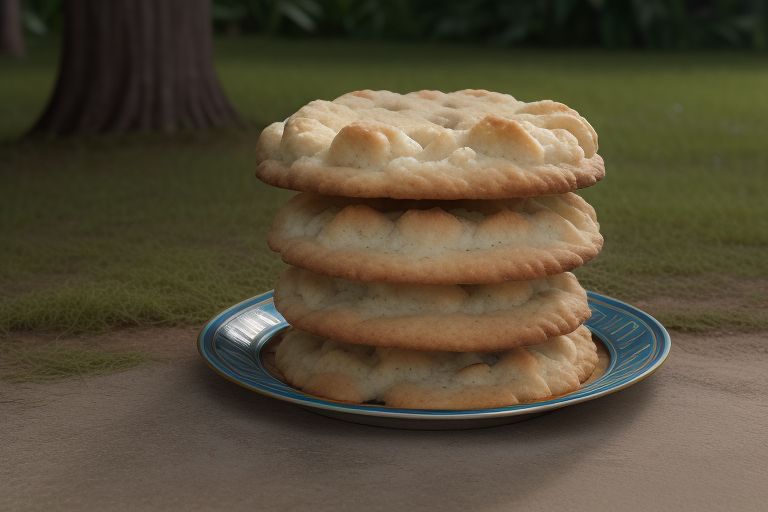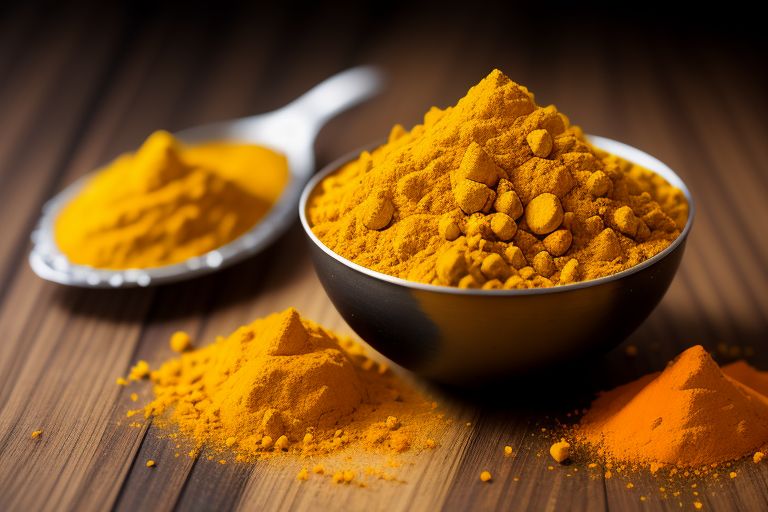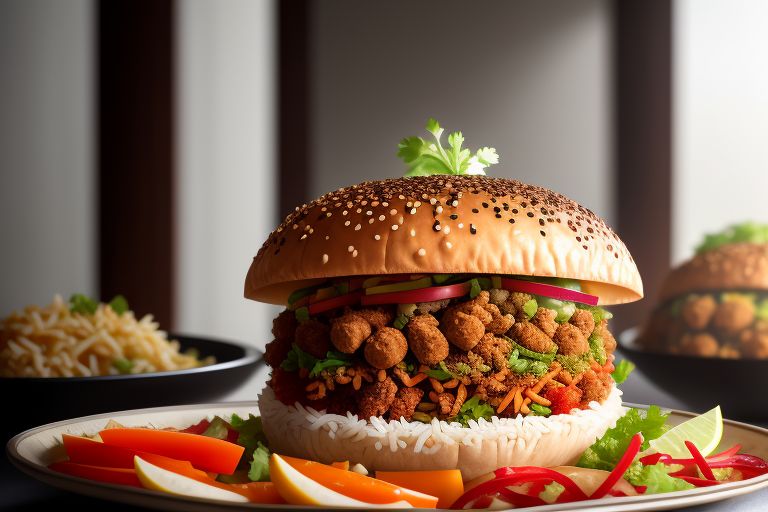Introduction:
Vietnam, renowned for its vibrant street food, aromatic pho, and rich coffee culture, is also home to an incredible variety of biscuits and cookies that reflect the country’s culinary diversity. From traditional rice-based treats to French-inspired buttery delights, Vietnamese biscuits and cookies are a fusion of cultural influences and local ingredients. Whether enjoyed with a cup of tea in the countryside or packaged as souvenirs in bustling cities, these baked goods carry both taste and tradition.
Traditional Vietnamese Biscuits: Simple Yet Flavorful
Vietnamese biscuits often reflect the country’s resourceful use of local ingredients like rice flour, coconut, sesame, and mung beans. One traditional favorite is bánh đậu xanh (mung bean cake), a soft, crumbly biscuit made from mashed mung beans and sugar, usually pressed into squares. It’s mildly sweet and melts in the mouth — a perfect companion for green tea.
Another beloved biscuit is bánh quy mè, a sesame seed cookie that’s thin, crispy, and aromatic. Made with rice flour and roasted sesame seeds, it offers a delightful crunch with a slightly nutty flavor, often sold in local markets and roadside stalls. These biscuits are not only snacks but are also deeply woven into Vietnamese hospitality, often served to guests during the Lunar New Year and other special occasions.
French Influence in Vietnamese Cookies
Vietnam’s colonial past left a lasting influence on its cuisine, and nowhere is this more evident than in its cookies and baked goods. French-style butter cookies and petit fours are popular, especially in southern cities like Ho Chi Minh City, where bakeries continue to blend European techniques with Vietnamese flair.
For example, Vietnamese butter cookies are similar in texture to French sablés, but may be infused with flavors such as pandan leaf, coffee, or even durian — ingredients beloved in Vietnam. These cookies are often attractively packaged and sold in gift boxes, especially during holidays.
Bánh bơ trứng (egg butter cookies) are another local twist on Western-style baking. They’re delicate and soft, often piped into decorative shapes and lightly sweetened. These cookies are popular during Tet (Vietnamese New Year) and are part of many family traditions.
Innovative Modern Flavors
While traditional and French-inspired varieties continue to thrive, a new generation of Vietnamese bakers is pushing boundaries by experimenting with fusion flavors and health-conscious ingredients. Cookies made with black sesame, matcha, or purple yam are now trending, especially in cafes and artisan bakeries in Hanoi and Da Nang.
There’s also a growing interest in gluten-free and vegan biscuits using ingredients like tapioca starch, coconut oil, and dried tropical fruits. These innovations cater to both locals and international visitors seeking healthier alternatives without compromising on authentic Vietnamese taste.
Buying and Gifting Vietnamese Cookies
Vietnamese biscuits and cookies are more than just snacks — they’re often purchased as gifts for friends and family. It’s common to find beautifully wrapped cookie tins at supermarkets, souvenir shops, and airport stores. Local brands such as Kinh Đô and Hải Hà are popular choices for mass-produced cookies, while independent bakeries offer handmade, small-batch treats with distinct regional characteristics.
Cookies make a thoughtful and culturally rich souvenir, especially when chosen from local artisans who preserve traditional recipes. Travelers who explore Vietnam’s provinces will find unique cookies specific to each region — like coconut biscuits from Bến Tre or rice crackers from Huế.
Planning Your Vietnamese Culinary Adventure
If you’re inspired to try Vietnam’s biscuits and cookies firsthand, planning your travel is the first step. Applying for a visa is now easier than ever, but it’s important to understand the process thoroughly. You can get comprehensive guidance and start your journey with the VIETNAM TOURIST VISA application.
Before submitting your application, make sure you’re informed. These QUESTIONS IN ONLINE EVISA will help you clarify processing times, entry requirements, and any special conditions, ensuring a smooth start to your Vietnamese food journey.
Conclusion: A Taste of Culture in Every Crumb
Vietnamese biscuits and cookies offer a unique glimpse into the country’s culinary heritage — one that’s rooted in tradition, inspired by history, and evolving with modern tastes. Whether you’re enjoying a traditional mung bean cake in a quiet teahouse or biting into a pandan-flavored butter cookie from a boutique bakery, each treat tells a delicious story of Vietnam’s past and present.
So, on your next visit, be sure to explore more than just the sights and sounds. Let your palate experience the crunchy, crumbly, sweet, and savory world of Vietnam’s biscuits and cookies — a small but unforgettable part of this rich and flavorful culture.













